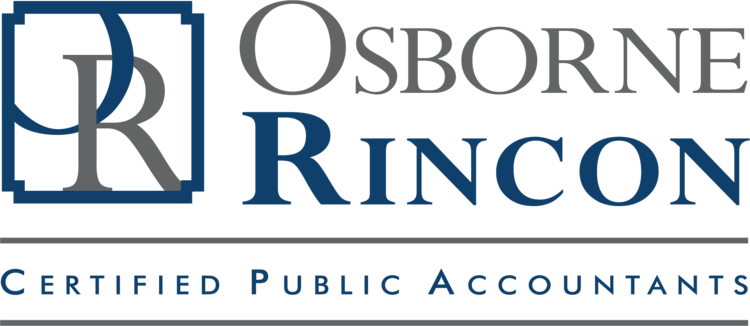By: Mary F. Barnett, Osborne Rincon
Shareholders of S-Corporations can choose to take their compensation either as wages or as shareholder distributions, however; there are some things to be aware of when considering the best option.
Any person who provides services for an S-Corporation – and who is compensated for those services performed – should be treated as an employee. That covers all officers except for those who perform no services or only minimal services for the corporation.
Standard wages are subject to federal and state payroll taxes including Social Security and Medicare taxes. Distributions, on the other hand, are exempt from these taxes. The Internal Revenue Service requires that shareholders take a "fair and reasonable" amount of their compensation in salary – and so does the Employment Development Department for the State of California.
What is considered “fair and reasonable” wages? The fair amount of wages for the shareholder should be one based on the industry standard and will change depending on the industry. The criteria can include the time and effort involved in running the operation, the experience level required to accomplish the business tasks, the cost of living in the company's area, and the point of compensation between the shareholder's tasks as owner/operator and those of non-owner operator employees in the same position.
In other words, if you own a construction business and you have a foreman you pay $50,000 a year, you should be paying yourself at least that $50,000. If you were to lose your foreman, you would step in and take his place until you can replace him or her – and that is one of the ways the IRS looks at what is "fair and reasonable."
It is important that you make sound decisions when it comes to taking distributions from your S-corporation verses wages. In recent years, the IRS has targeted S-Corporation shareholders who have failed to disburse adequate wages to themselves. You, as a business owner, do not want to be audited for lack of wages and therefore be assessed payroll taxes, penalties and interest on back wages you should have been taking all along.
If you have any questions regarding the wages verses distributions you take, you should contact your CPA, EA or tax professional to make sure you are prepared and that you are within the parameters of "fair and reasonable."
For more information call Osborne Rincon CPAs at 442-307-5512.
